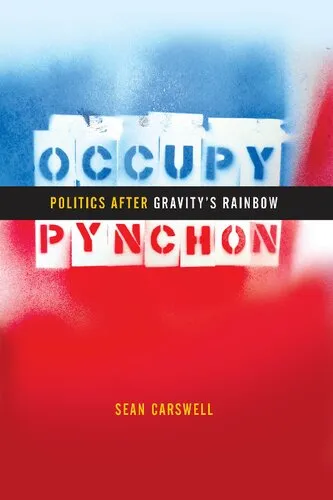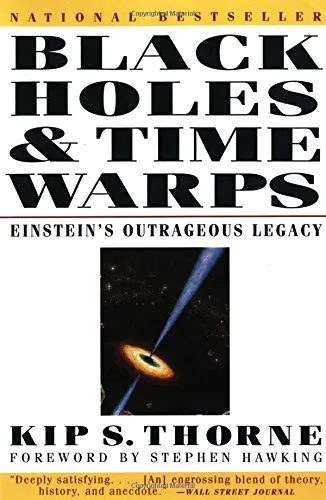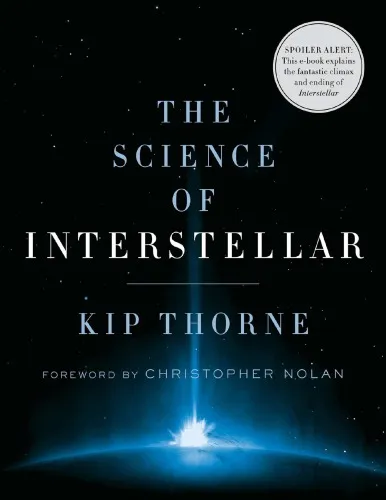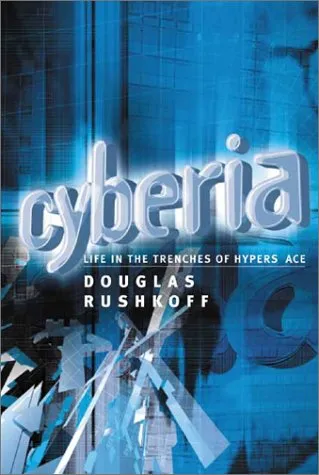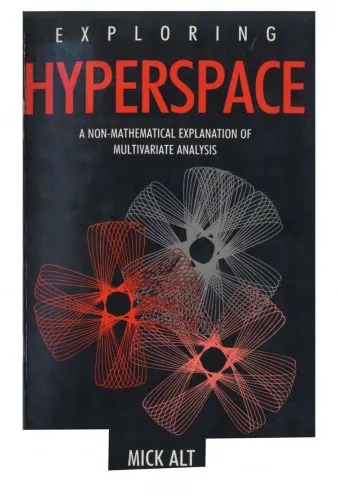Occupy Pynchon: Politics after Gravity's Rainbow
3.9
Reviews from our users

You Can Ask your questions from this book's AI after Login
Each download or ask from book AI costs 2 points. To earn more free points, please visit the Points Guide Page and complete some valuable actions.Related Refrences:
Introduction
Welcome to the world of Thomas Pynchon—a place where the chaotic, the surreal, and the political collide. In this journey through "Occupy Pynchon: Politics after Gravity's Rainbow," I invite you to explore the depths of Pynchon's work, particularly his magnum opus, "Gravity's Rainbow," through the lens of modern political and social movements. This book aims to bridge the seemingly disparate worlds of literary analysis and real-world activism, offering insights into how Pynchon's narratives resonate with today's socio-political challenges.
Detailed Summary of the Book
The narrative of "Occupy Pynchon: Politics after Gravity's Rainbow" is anchored in the exploration of political themes found within Pynchon's complex literature. The book dissects how Pynchon's portrayal of paranoia, control, and chaos in "Gravity's Rainbow" reflects the socio-political anxieties of both the past and present. We delve into how the novel’s multifaceted characters and enigmatic plotlines mirror the unpredictability of modern governance and the rise of movements such as Occupy Wall Street.
The book examines key symbols and motifs such as rockets, conspiracies, and technological control, presenting them as allegories for contemporary issues. By doing so, it creates a dialogue between Pynchon's fictional dystopias and the existential realities faced by individuals in the 21st century. Furthermore, it argues that Pynchon’s work can be seen as a blueprint for understanding and challenging systems of power.
Key Takeaways
- Pynchon’s narrative complexities offer a mirror to modern socio-political dilemmas.
- The depiction of paranoia and conspiracy in "Gravity's Rainbow" resonates with contemporary issues like data privacy and government surveillance.
- Pynchon’s style offers a unique literary approach to exploring themes of activism, control, and resistance.
- Understanding Pynchon can foster a deeper comprehension of modern-day political movements and the socio-political climate.
Famous Quotes from the Book
Throughout "Occupy Pynchon: Politics after Gravity's Rainbow," several excerpts are highlighted to provide a glimpse into the book’s essence. Here are a few:
"Through Pynchon’s labyrinthine prose, we find a roadmap for decoding the complexities of contemporary society."
"Much like the erratic path of Pynchon’s rocket, our journey through the political landscape is uncertain and fraught with perils."
Why This Book Matters
In the era of digital surveillance, political unrest, and global movements for justice, "Occupy Pynchon: Politics after Gravity's Rainbow" stands as a crucial text that not only engages with literary theory but also with practical political activism. It challenges readers to see beyond the pages of a novel and recognize the reflections of real-world dynamics within fictional settings. The book underscores the relevance of literary works in fostering critical thought and encourages readers to utilize these insights in the pursuit of societal progress.
By bridging the gap between Thomas Pynchon's enigmatic worlds and the pressing issues of today, this work provides a unique perspective on how literature can inform, inspire, and incite change. It calls to both literary enthusiasts and activists to use the lessons within Pynchon's novels as tools for navigating and transforming the current socio-political terrain.
Free Direct Download
You Can Download this book after Login
Accessing books through legal platforms and public libraries not only supports the rights of authors and publishers but also contributes to the sustainability of reading culture. Before downloading, please take a moment to consider these options.
Find this book on other platforms:
WorldCat helps you find books in libraries worldwide.
See ratings, reviews, and discussions on Goodreads.
Find and buy rare or used books on AbeBooks.
1350
بازدید3.9
امتیاز0
نظر98%
رضایتReviews:
3.9
Based on 0 users review
Questions & Answers
Ask questions about this book or help others by answering
No questions yet. Be the first to ask!
